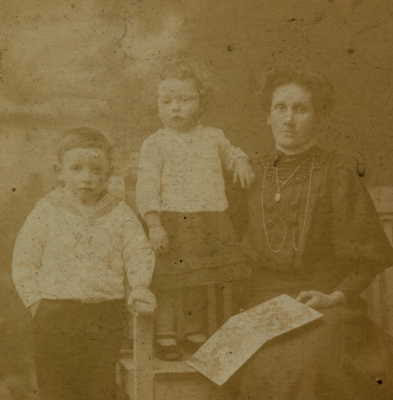We all know what a bin is. A bin is some form of container, usually with a lid, used for storage or a container for rubbish or waste.
But what if you found the word ‘bin’ in an inventory accompanying a will in the Stratford of Shakespeare’s time? It wouldn’t be referring to an ordinary container but to a hive of bees – bin was the local dialect term for bees.
Discovering this reminded me of the first time I looked through the wills of some my ancestors. One of them left a
shyp to his daughter. Wow, I thought. He must have been rich to have been a ship-owner. It turned out he had merely left her a sheep!
Old inventories are fascinating things, not only do they contain some wonderful words, but they show what was considered valuable in the household. The ‘best bed’ was frequently the first and most important item on the inventory!
Among the other things you might have found in old inventories were a
Clossbowke – a bucket with a lid
Counterfeit – plated silver
Dassells – a saddle
Falling bands – collars or neckerchiefs
Falling-table – a gate-legged table
Ferret – silk ribbon
Flasket – a clothes basket
Body Harness – armour
Hutch – a small light chest for clothes
Male – a travelling bag
Pad pannel – a piece of cloth serving as a saddle
Pantables – slippers
Partlett – a woman’s neckerchief or ruffed collar
Piggin – a little earthenware jar
Posnett – a little basin
Porringer – a small dish
Sawser – a small dish, a sauce dish
Stalls – hives of bees
Voide – a large basket




























